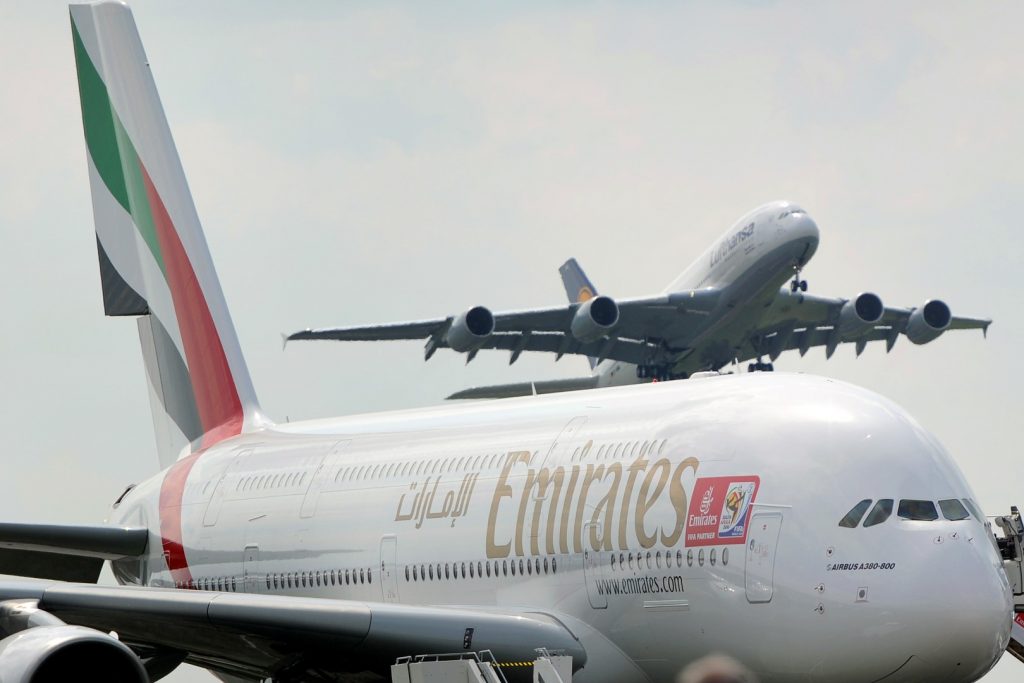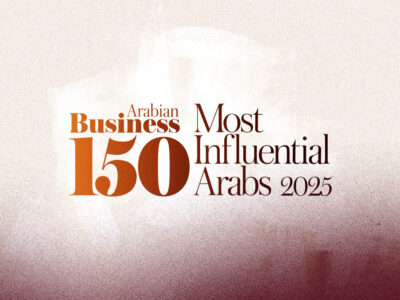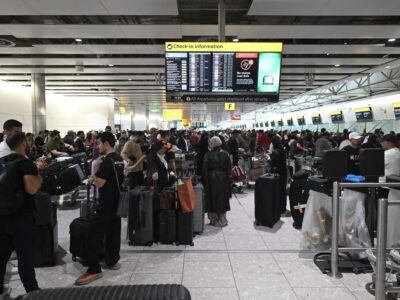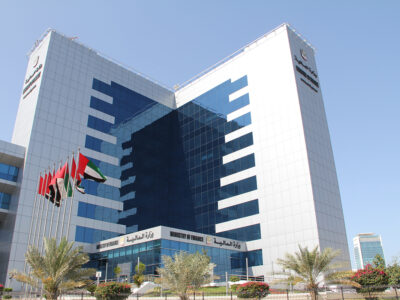The UAE, Egypt and Jordan have entered into an economic partnership with a $10 billion fund (AED36.7 billion).
Announced in Abu Dhabi on Sunday, it will unlock new industrial opportunities and enhance sustainable economic growth in the three countries across five sectors.
The partnership is designed to achieve sustainable economic growth across food and agriculture, fertilisers, pharmaceuticals, textiles, minerals and petrochemicals.
To meet its objectives, a $10bn investment fund has been allocated and will be managed by ADQ Holding, a strategic partner of the government.
Named the Industrial Partnership for Sustainable Economic Growth, Sheikh Mansour bin Zayed Al Nahyan, Deputy Prime Minister and Minister of Presidential Affairs, witnessed its signing.
He was joined by Dr. Mostafa Madbouly, Prime Minister of Egypt, and Dr. Bisher Al Khasawneh, Prime Minister of Jordan.
Sheikh Mansour bin Zayed Al Nahyan said: “Through its capabilities, effective policies and current focus on developing advanced technology and logistics infrastructure, we are confident that the UAE can build a global economic powerhouse by leveraging industrial partnerships across the region.”
“Advancing the industrial sector in the UAE, Egypt and Jordan will help strengthen and diversify the economy in each nation and increase the contribution of industry to the national GDP,” he added.

“This partnership is also a testament to its signatories’ ability to strengthen their relations and introduce new projects and industries within an integrated industrial ecosystem, while unlocking promising opportunities for future generations.”
The UAE, Egypt and Jordan represent 25 percent of the gross domestic product (GDP) in the Middle East and North Africa (MENA) region, with a value of $765 billion annually.
Between them they constitute about 26 percent of the region’s population (122 million consumers) and are ranked 14th in the world in terms of the value of exports and imports, at $6 billion.
They also enjoy a highly-developed logistical infrastructure including airports, ports and strategic transport corridors such as the Suez Canal.
The partnership is based on enhancing investment opportunities in each country’s industrial sector, developing the three nations’ human and natural capital, and exploring a collective consumer market that offers opportunities for both the local private sector and international investors.
It includes launching joint industrial projects between the countries to promote economic growth and industrial integration, achieve self-sufficiency and integrating value chains across the UAE, Egypt and Jordan.

The value of the agricultural and food products market in the UAE, Egypt and Jordan was estimated at $52 billion in 2019, with an annual growth rate of 11 percent. The value of imports such as wheat, fodder, fruits, vegetables, meat and fish reached $37 billion in 2019.
There are opportunities for promising projects to increase fertilizer production and agriculture, along with feed production to meet the growth needs in the dairy, meat, poultry, food processing and food packaging sectors.

Petrochemicals are key enablers for the agriculture, food, fertilizer, textile, pharmaceutical and other sectors. In 2019, the combined contribution of the petrochemical industry to GDP in the UAE, Egypt and Jordan exceeded $16 billion.
The three countries have access to a range of energy sources, especially natural gas. This paves the way for expansion projects in the petrochemical sector and manufacturing industries which could exceed US$21 billion.
In his speech at the beginning of the signing ceremony, Dr. Sultan bin Ahmed Al Jaber, UAE Minister of Industry and Advanced Technology, said: “We extend an open invitation to our partners to support this collaboration by encouraging private sector participation, enhancing advanced technology applications, providing smart financing solutions, and opening markets to encourage the growth of the industrial sector in these and other countries.”
He added: “This partnership will contribute to strengthening relations and cooperation with our brothers in Jordan and Egypt, and are in line with the goals of the Principles of the 50 that were announced by the UAE with the aim of building a better future.

This strategic partnership is in line with the UAE’s plans to increase the industrial sector’s contribution to building a global economy, in line with the “Principles of the 50” to promote growth and prosperity in the next fifty years.
The UAE is working to achieve greater value in sectors in which it has expertise and competitive advantages in. These include energy, chemicals, plastics, metals, heavy industries and electrical equipment.
It will invest in priority sectors including health care, agricultural technology and advanced industries to create value in high-performance sectors such as biotechnology and aerospace.








